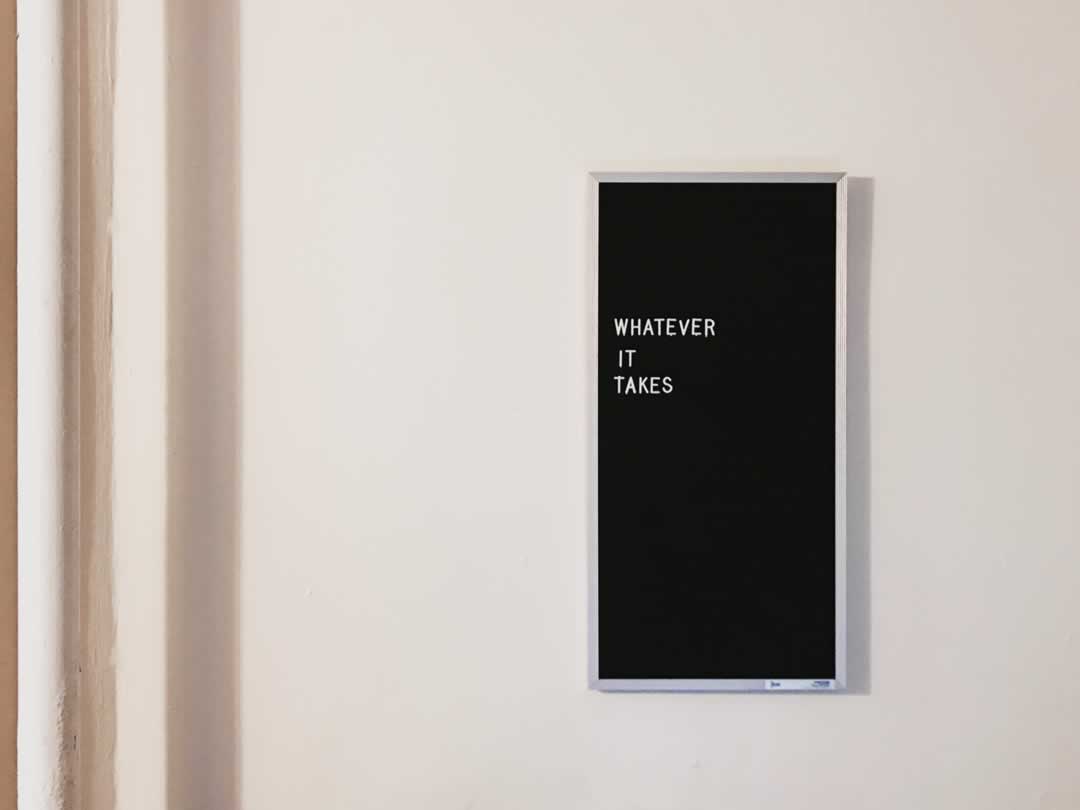table of contents
Here’s what no one tells you early enough in your career: drifting is expensive. Not just financially, but mentally, emotionally, and spiritually. It’s easy to fall into autopilot and chase someone else’s version of success—until one day, you look around and wonder how the hell you ended up living a life that doesn’t even feel like yours.
That’s why targets matter. Not fuzzy, someday-I-should goals, but clear, personal, self-assigned missions that wake you up in the morning.
Let’s talk about what happens when you stop leaving your future to chance—and actually take the wheel.
Goals Aren’t Optional—They’re Strategic Non-Negotiables
I grew up hearing that success came from working hard toward something specific. But like most people, I didn’t fully understand what that meant until I hit a wall.
When I was younger, I told people I wanted to be an English teacher. Why? Because I loved reading and writing. But it wasn’t a real goal. It was a filler—something safe to say when someone asked, “What do you want to be when you grow up?” It wasn’t until much later that I realized what I really wanted: to become a writer. Not to teach writing. To do it.
That shift—moving from an inherited story to a self-chosen mission—changed everything.
The Data Speaks: Goals Change Outcomes
There’s a study that gets shared in personal development circles (and while its specifics are debated, the principle holds): a group of students were asked if they had clearly defined goals and plans to achieve them. Only 5% did.
Five years later, that 5% had amassed more net worth than the other 95% combined.
Now—money isn’t the only measure of success. But it is a measurable signal of focus, direction, and intention. People with a clear vision make decisions differently. They filter noise. They move with purpose. They recover faster when they fall.
That’s what real goals give you.
How I Went from Drifting to Driving My Own Career
By 22, I had changed majors, dropped plans, and collected a mountain of student debt and almost no clarity. I’d been working toward goals that weren’t really mine—mostly because I didn’t know what else to do.
So I got honest. What did I actually want?
Not a generic job. Not approval. Not “whatever pays the bills.”
I wanted to write.
That clarity lit a fire. I finished college. Landed a job that let me sharpen my writing. Started a blog. Bought a house. And every step since has been another inch closer to my real goal: becoming an author.
I haven’t published the book yet. But I’m closer now than I ever would’ve been if I hadn’t stopped drifting and started choosing.
Here’s What I Want You to Know
You don’t need a perfect plan. You don’t need overnight clarity. You don’t need to have it all figured out.
But you do need to decide: What do you actually want?
And once you name it, don’t just wish for it—work for it. Every day. Not with hustle for hustle’s sake, but with fierce intention.
Because the moment you start chasing the right target, even imperfectly, you stop running in circles. You start building a life that reflects you—not your parents’ expectations, not society’s timeline, not your inner critic’s limitations.
Set goals. Make them yours. Then show up like you mean it.



